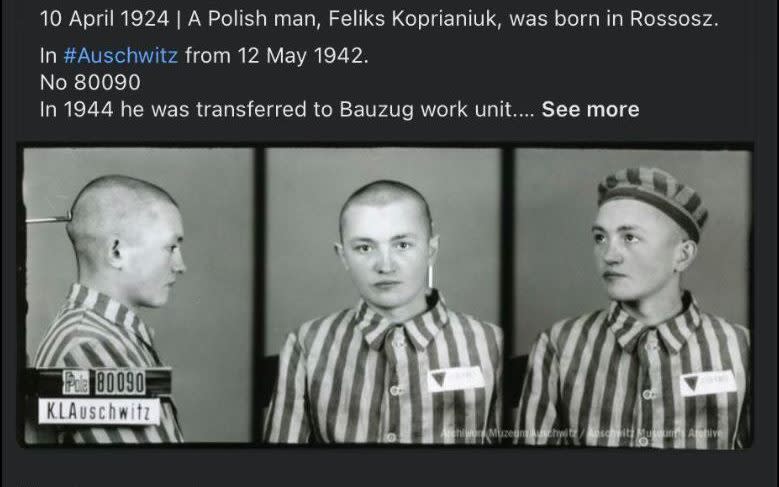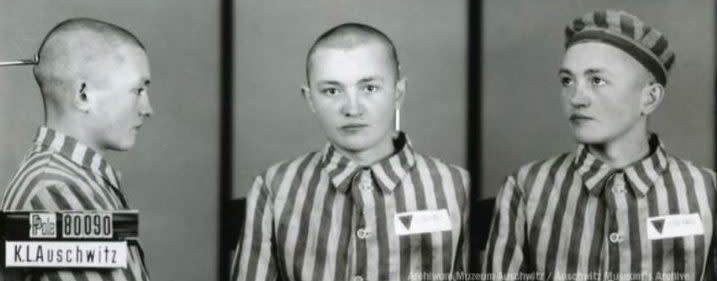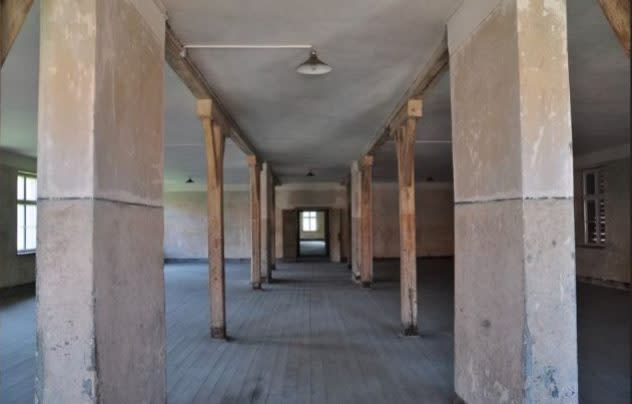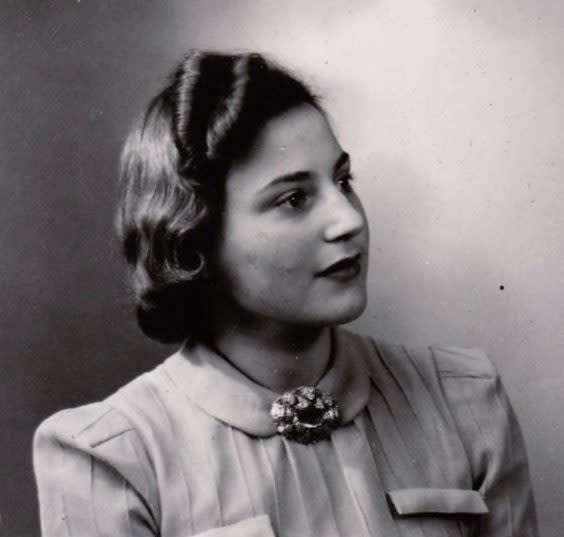Facebook wrongly labels photographs of Auschwitz victims as showing ‘bullying’ and ‘nudity’

Facebook has apologised for wrongly labelling photographs of Auschwitz victims as showing “bullying” and “nudity”.
The social media giant incorrectly labelled 20 of the Auschwitz Memorial Museum’s posts with a note saying they had been moved down their feed for violating community standards.
The posts, which showed photographs of people who died in the concentration camp in Poland, were flagged as showing “bullying and harassment” and “adult nudity and sexual activity”. An image showing a group of orphans was also deleted.

The museum described the censorship as “unacceptable and offensive to the memory of the victims of Auschwitz” and demanded an explanation.
Meta, the parent company of Facebook, has since claimed that the photographs were not moved down the museum’s page.
The company said the notices received by the museum, which said the posts had violated standards, were sent by mistake. It did admit, however, that the image of orphans had been deleted by mistake and had now been restored.
“We offer our sincere apologies for the error,” a Meta spokesman said.
The museum is based on the site of the concentration camp in Oświęcim, where more than one million people died, including 960,000 Jewish people, during the Second World War and the Holocaust.
Museum staff said they had been posting photographs of Auschwitz victims “for years” before Facebook said they were violating standards.

One post showing Ida Mullerová, a Czech Jewish woman who died at Auschwitz, was said to go against “community standards for sexual solicitation”.
Another post showing victim Marie Sachnowitz, a Norwegian Jewish woman murdered in a gas chamber, was said to show “adult nudity and sexual activity”.
Facebook also said an image of Berek Anataba, a Polish Jewish man who died at the camp, showed “bullying and harassment”, while a photograph of Jewish orphans in Izieu, France, was removed for violating unspecified community standards.

The museum said: “For years, the Auschwitz Memorial has been sharing similar content without any issues, yet suddenly, 21 posts are simultaneously flagged.
“Moreover, we also noticed that a post commemorating the tragic fate of Jewish children from an orphanage in Izieu from April 6 was summarily removed without the possibility of recourse.
“This egregious incident not only undermines the important work of our institution. Such an act is unacceptable and offensive to the memory of the victims of Auschwitz that we try to preserve.
“The posts in question feature nothing but respectful remembrance and historical documentation, showcasing the faces and biographical information of those who suffered and were murdered in a place that symbolises one of the darkest chapters of human history.
“We demand an immediate and thorough review of this matter, along with a transparent explanation of why these posts were flagged in the first place.”
‘Troubling and ridiculous’
A spokesman for Campaign Against Anti-Semitism accused Meta’s algorithm of treating the Holocaust with “suspicion”.
She said: “Meta is right to apologise for these troubling and ridiculous notices to the Auschwitz Museum.
“This is a particularly appropriate time to show images of the Holocaust, given that this week we are commemorating the liberation of the Bergen Belsen concentration camp by the Allies.
“Meta needs to explain why its algorithm treats genuine Holocaust history with suspicion, and what it can do to ensure that these stories continue to get told and shared.
“At a time of surging antisemitism across the world, it is more important than ever to understand the lessons of the Holocaust.”
A Meta spokesman said: “We mistakenly sent notices to the Auschwitz Museum that several pieces of content the museum posted had been demoted.
“In fact, that content does not violate our policies and was never actually demoted. We offer our sincere apologies for the error.”

